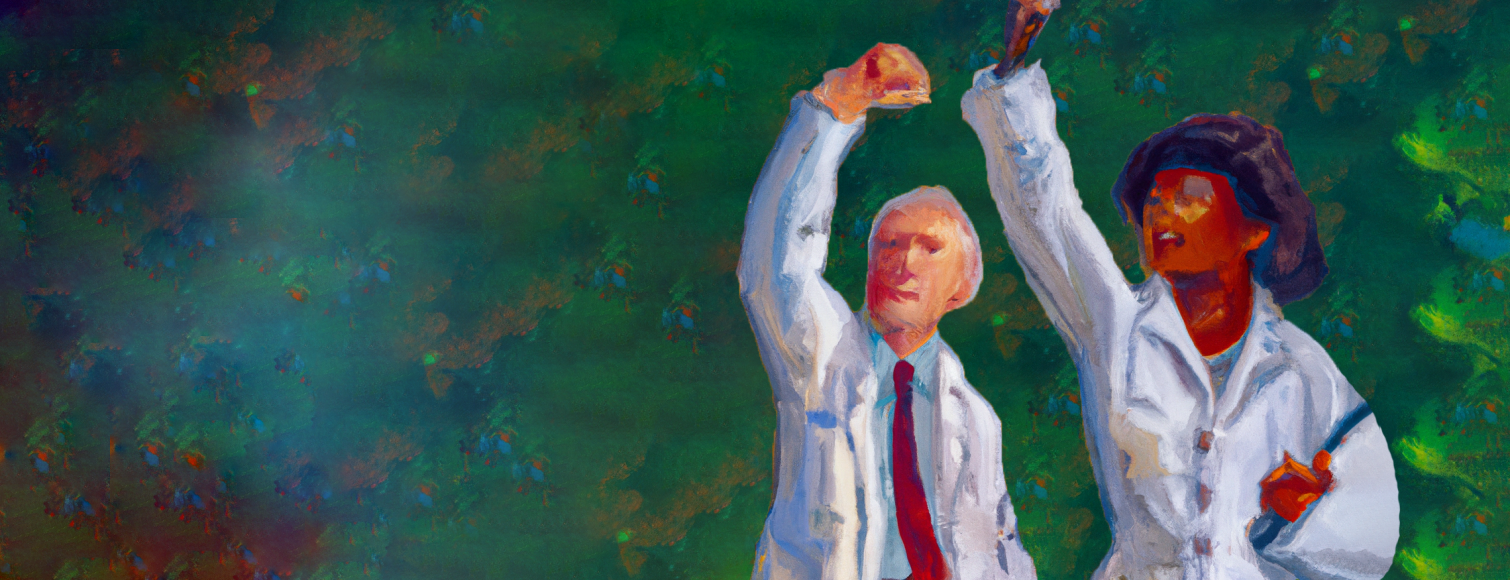In the lead-up to our panel discussion on the 16th of May, we interviewed professor Andy van den Dobbelsteen about his experiences at the intersection of activism and academia.
Find out here how he navigates the challenges of being a scientist and an activist in the middle of a climate crisis. And don’t forget to join us this Tuesday to explore how you can tackle the same issues!
Can working for a large institution like a university go hand in hand with being an activist?
Of course. Stronger: knowing what we know as scientists, we have a moral obligation to take action if science indicates there is urgency and if we know solutions to solve the problem.
Can you be an activist in your role?
I am, so I can. I have been appointed as sustainability coordinator of TU Delft to realise our ambitions in the area of sustainability, for which we need to take action. Therefore, I simply need to be an activist – otherwise, nothing would change.
How do you deal with criticism of your perceived activistic policies?
At first, I try to explain why I do this and why what I do is not extremist or anything: I just take responsibility for actions logically resulting from scientific knowledge about the urgency of dealing with human-induced climate change. Some people cannot be convinced because they don’t trust science and trivialise the problems we are facing. After a while I just ignore them.
How do you navigate conflicting interests between groups that you encounter in your work?
The clearest and recent example of this is the discussion about fossil fuel companies. There are clear conflicting interests there: do we cut ties immediately, or keep working with them? I position myself in the middle: I understand you sometimes need these companies to work on sustainable energy solutions, but I would put an ultimatum to their plans to get in line with the Paris agreements. So, give them some time but cut ties with them if they don’t show any convincing policy towards a sustainable society.
Do you think you’re going to achieve your goals in your role, or are there limitations that will hold you back?
There are always many limitations, but I am an optimist and I work hard with my team to get things done in time. My main focus to get there is now to involve as many people on the campus as possible: everybody needs to be engaged some way or other to help TU Delft become the sustainable university it intends to be.
If you were a student today, what path would you take? Would you pursue the same career?
Undoubtedly. I graduated on human- and environmentally friendly utility buildings in 1993, and that has defined my sustainability career through which I now find some influence to really change things. So, I made a good choice back then, it came from my heart, my intuition turned out right.
Activism & Academia: A TU Delft Panel Discussion
May 16, 4:30 – 5:30pm , TU Delft Library

